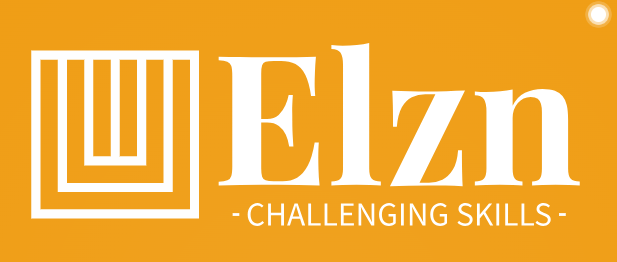Cardiology is a branch of medicine that diagnoses and treats conditions affecting the heart, blood vessels, and nervous system. Cardiologists specialize in this field due to their vast expertise and in-depth understanding of medicine related to heart diseases. As such, they often refer to themselves as cardiologist in Vernon, NJ due to their expertise on both heart disease diagnosis and treatment. Here are some situations when consulting a cardiologist may be beneficial:
Heart Attack Warning Signs
If you experience a sudden and intense burning sensation in your chest, seek medical assistance immediately. A heart attack is serious and could potentially result in death if not addressed; this is often why people visit their cardiologist.
If there is pain in the arms, shoulder, neck or jaw
This could indicate damage to your nervous system caused by a heart problem and requires proper diagnosis before receiving proper treatment.
Dizzy spells upon standing
If this applies to you, get evaluated for possible heart-related issues right away so you can receive proper diagnosis and receive appropriate care for them.
Dizziness when standing may indicate your heart isn’t pumping enough blood to the brain.
Fever is indicative of an infection; fever indicates your body hasn’t yet found a way of dealing with it effectively – this is something cardiologists often treat.
Shortness of breath suggests your heart may not be pumping enough air into your lungs.
Cardiologists understand how to identify when a heart problem exists and provide prompt treatment.

Chest pain that lasts more than five minutes
This could indicate a serious heart problem due to damage to the arteries surrounding the heart and surrounding areas. Cardiologists are experienced in dealing with this type of emergency situation.
Frequent headaches
This could be indicative of a serious heart problem; visit your cardiologist immediately if you experience frequent headaches.
Difficulty taking deep breaths or breathing more than shallow breaths
You should visit your cardiologist immediately if these signs apply to you.
Dizziness when standing or staying up can be indicative of an enlarged heart and should be recognized early by your healthcare provider.
If you experience dizziness when standing or staying up, consult a cardiologist immediately; early diagnosis and treatment of this condition are key to its successful resolution.
Dizziness that persists after standing or staying upright for prolonged periods should also be taken seriously as soon as possible
Orthostatic hypotension, also known as orthostatic hypotension, is a common condition among the elderly that cardiologists can treat with medications.
Your body temperature keeps fluctuating
This could be an indication of an underlying heart problem called atrial fibrillation. It’s essential to get this diagnosed promptly in order to minimize long-term detrimental effects on your health.
